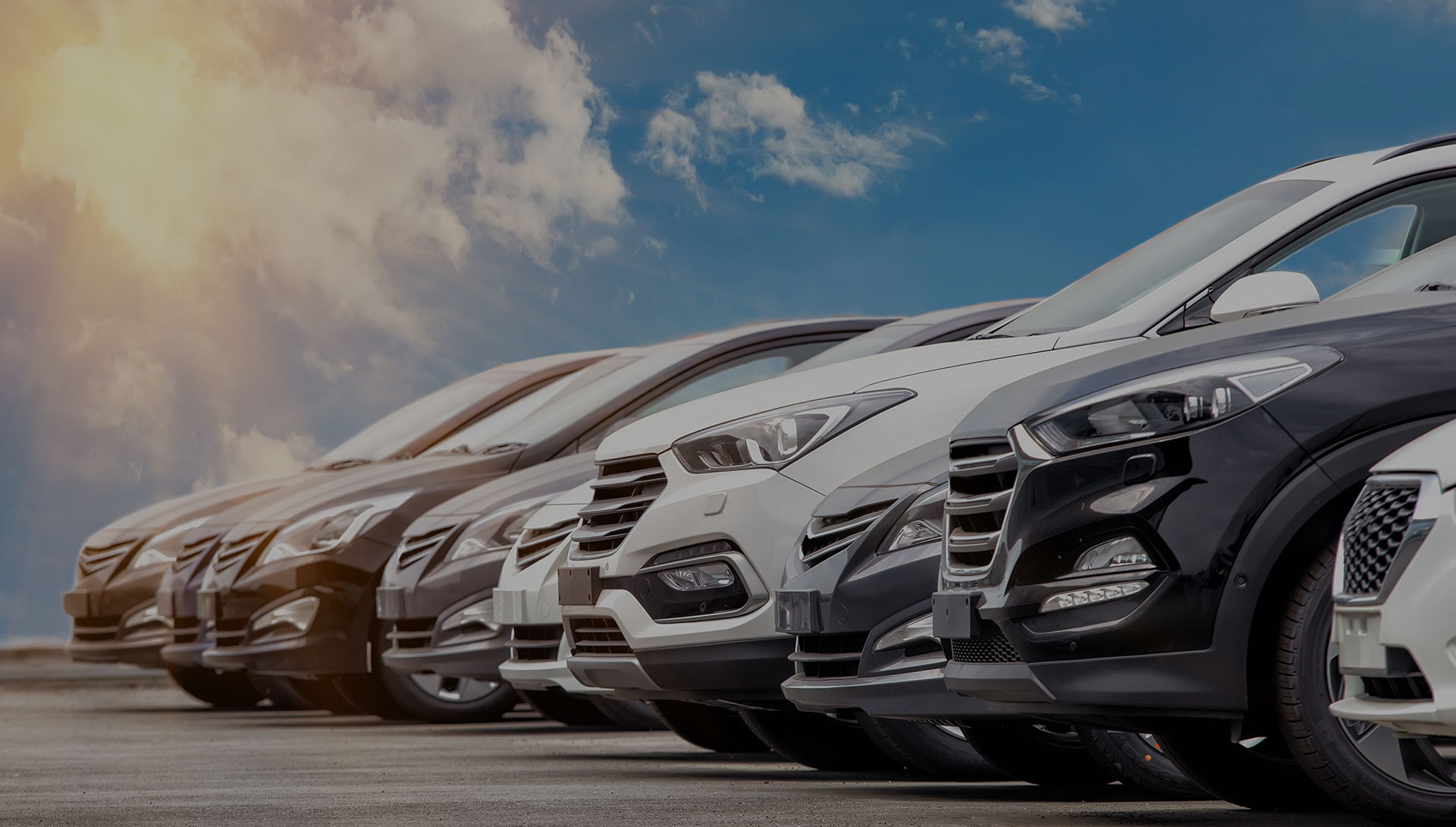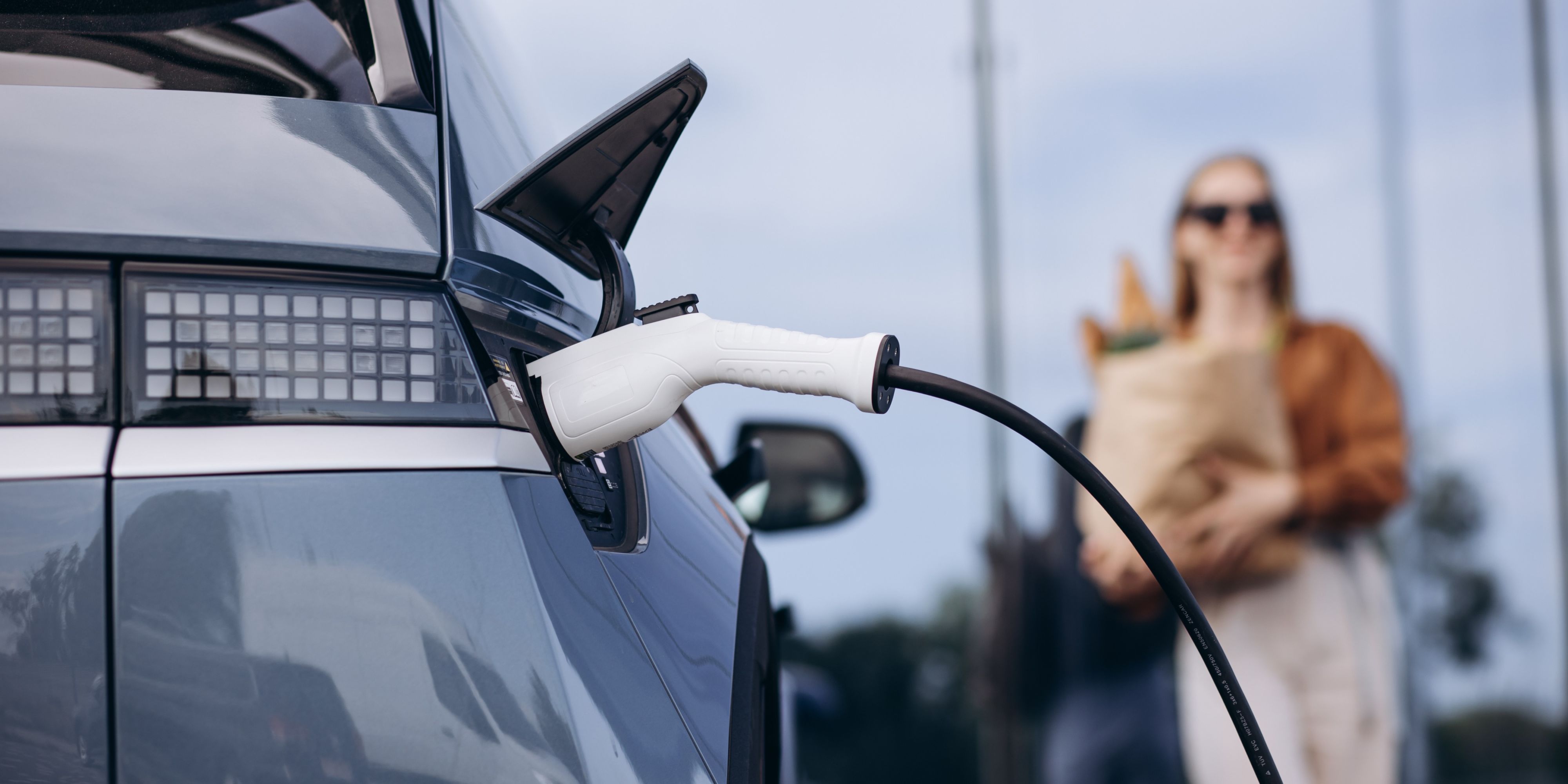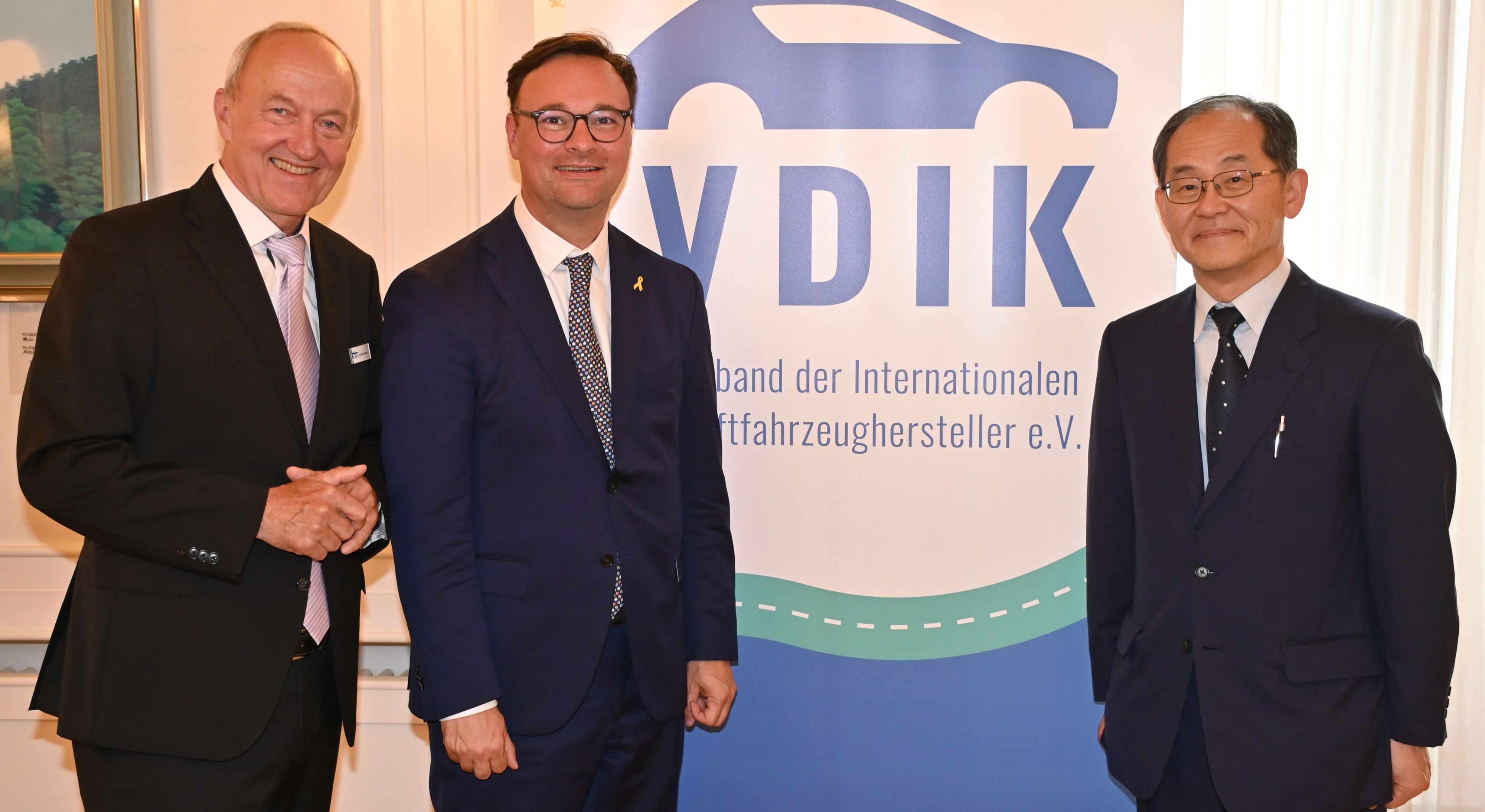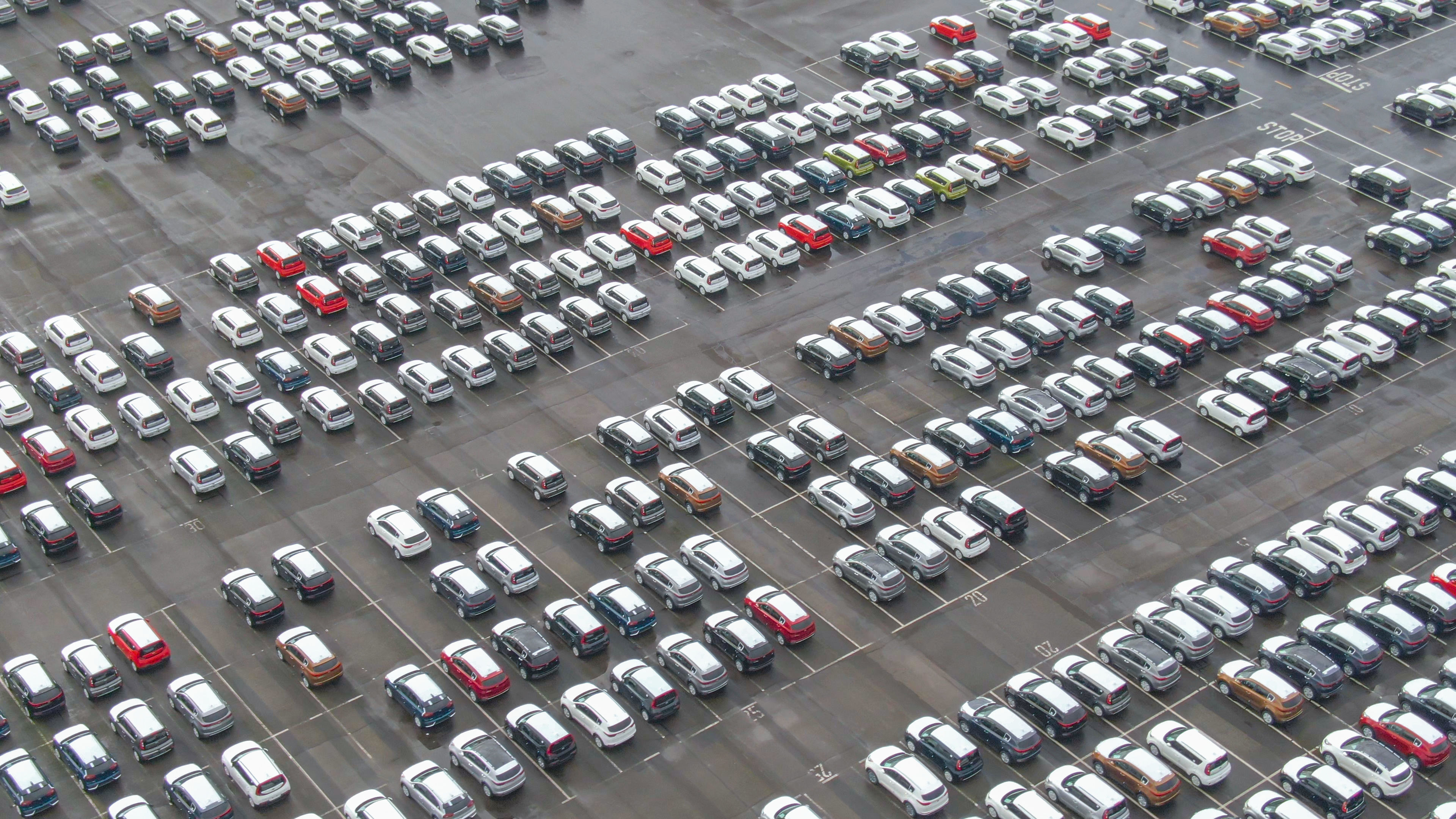The corona crisis is hitting the global automotive industry hard. Despite the restart of production in Europe and the reopening of car dealerships, the dangers for businesses and jobs are far from over. Another major concern is that customers are more reluctant to buy alternative drive systems in uncertain times.
Reinhard Zirpel, President of the Association of International Motor Vehicle Manufacturers, explained: “In order to counteract this, an automotive economic stimulus package that quickly reaches dealers and customers will be necessary. The focus should be on incentives to purchase low-emission vehicles. In this way we want to promote both air quality and climate protection.”
The concept comprises three stages:
(1) Firstly, the opportunity to improve air quality must be seized and nitrogen oxide emissions in particular must be further reduced. To this end, new vehicles of all types with the cleanest exhaust technology* should be promoted. A prerequisite for promotion here must be the replacement of an old vehicle with high emissions.
(2) In addition, electric cars that receive the environmental bonus should be promoted even more strongly with a temporary additional bonus in order to further reduce CO2 emissions. To this end, the current state share could be doubled.
(3) And finally, in order to promote not only electric vehicles, an additional category for particularly low-emission vehicles with CO2 emissions in the order of 95g/km could be introduced.
Zirpel went on to emphasize: “Despite the challenge posed by the corona virus, we must keep a close eye on the goal of helping alternative drive systems to achieve a breakthrough. A cleverly designed economic stimulus package should stimulate demand for the automotive market as quickly as possible and set the course for long-term investment in sustainable technologies.
*
For cars: Euro6dTemp or Euro6d
For trucks: EuroVI





